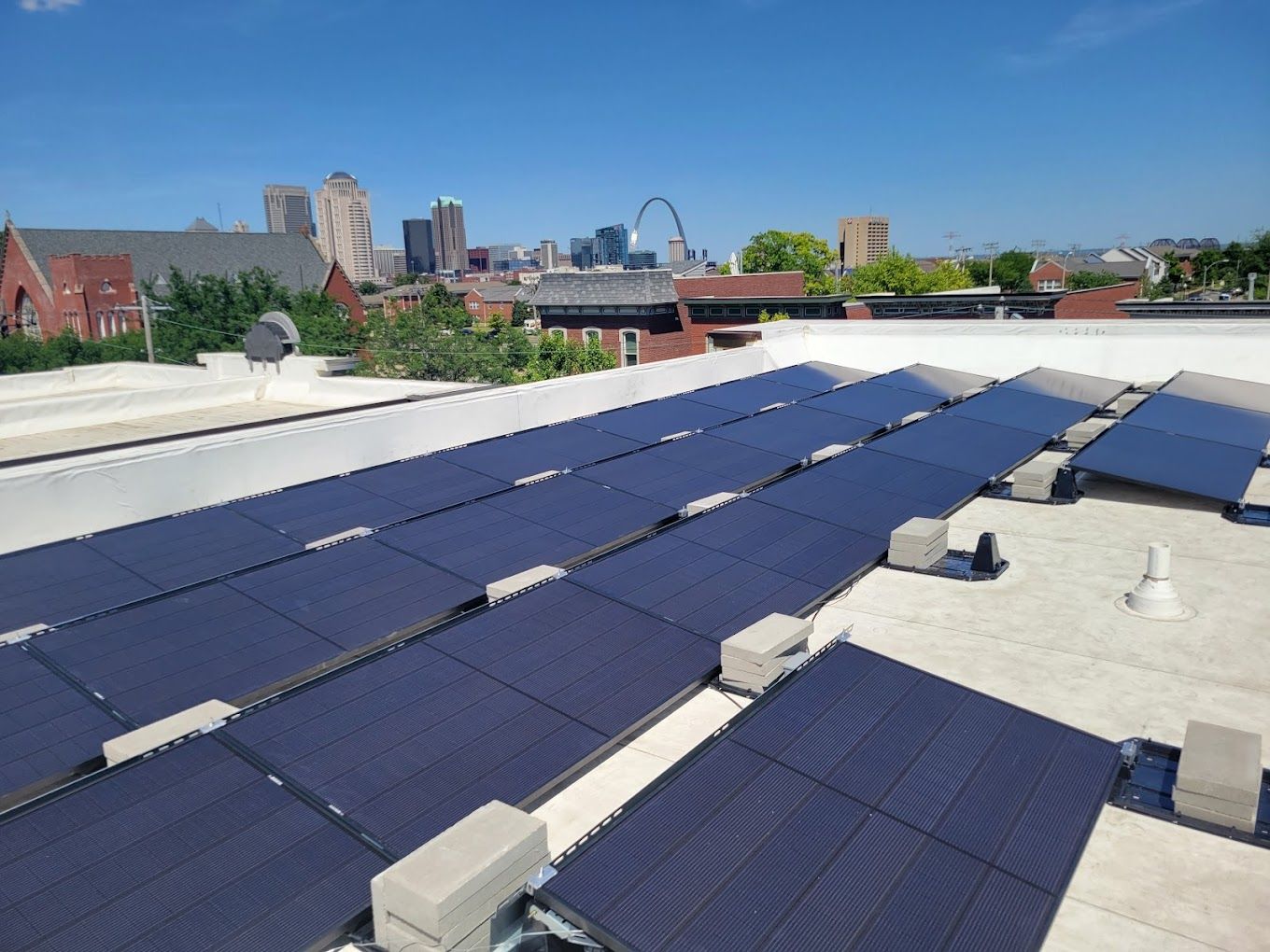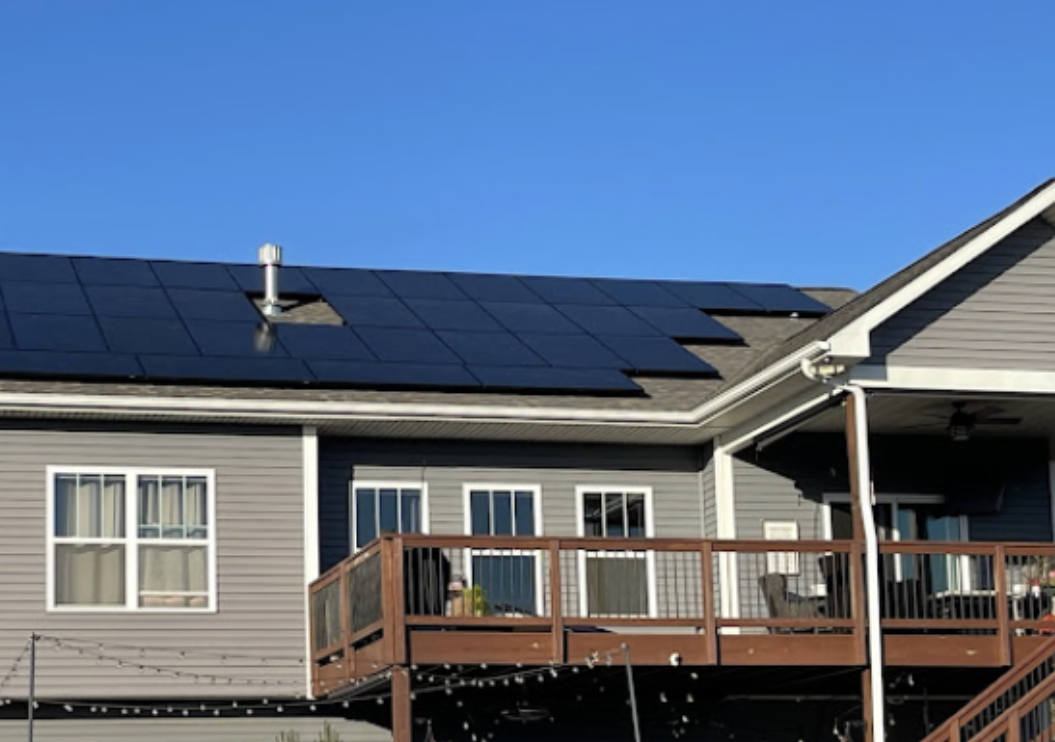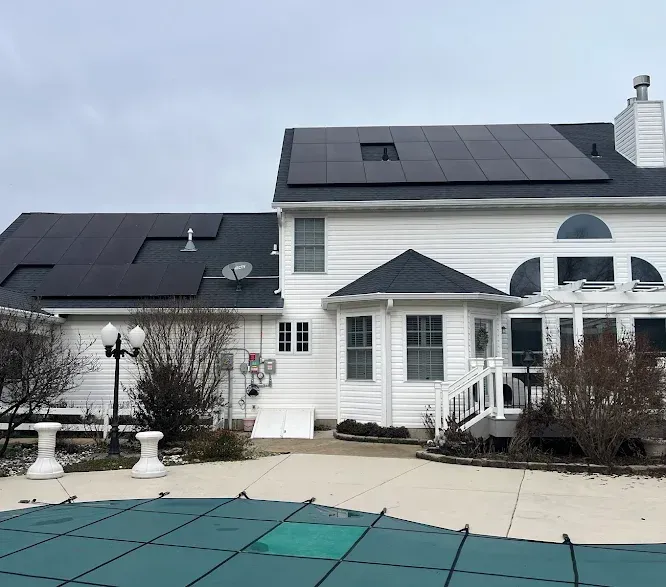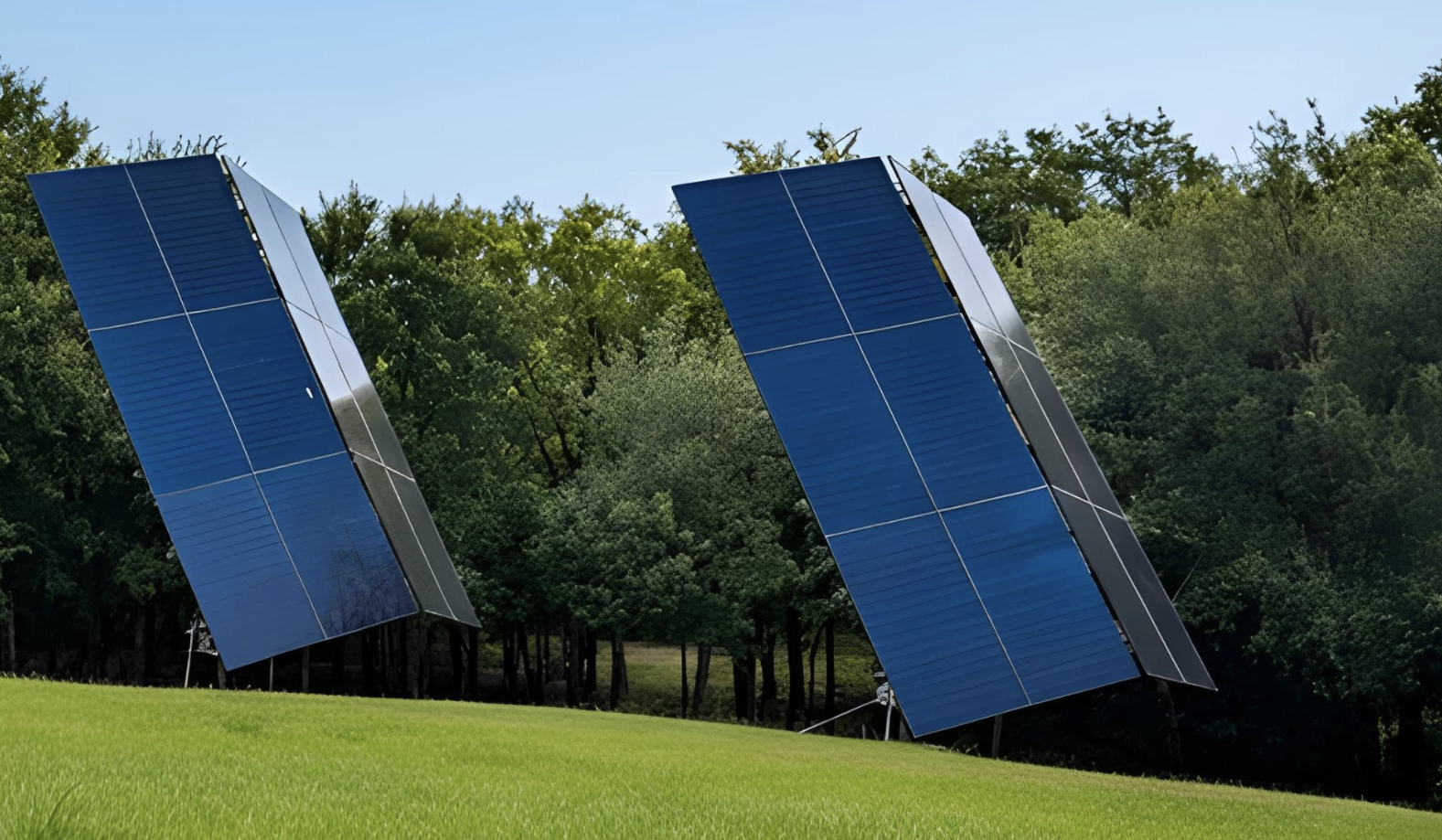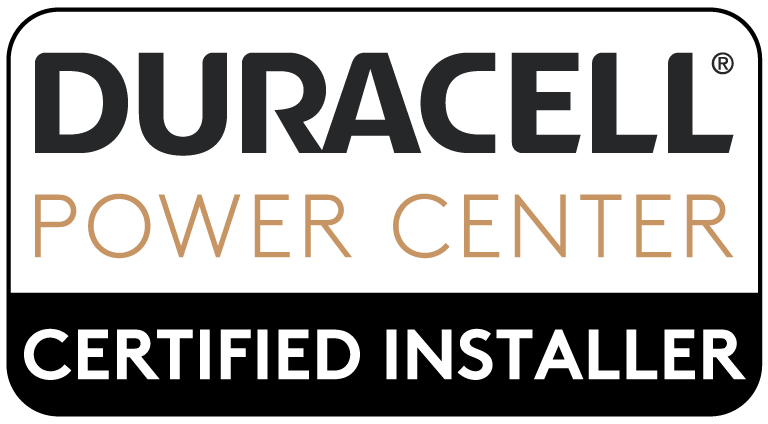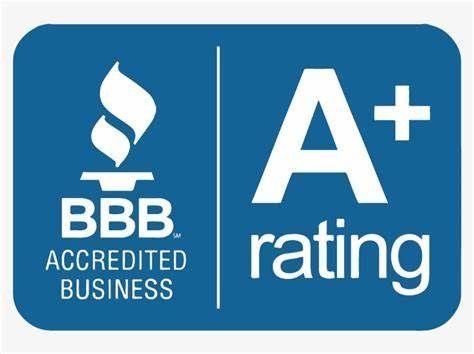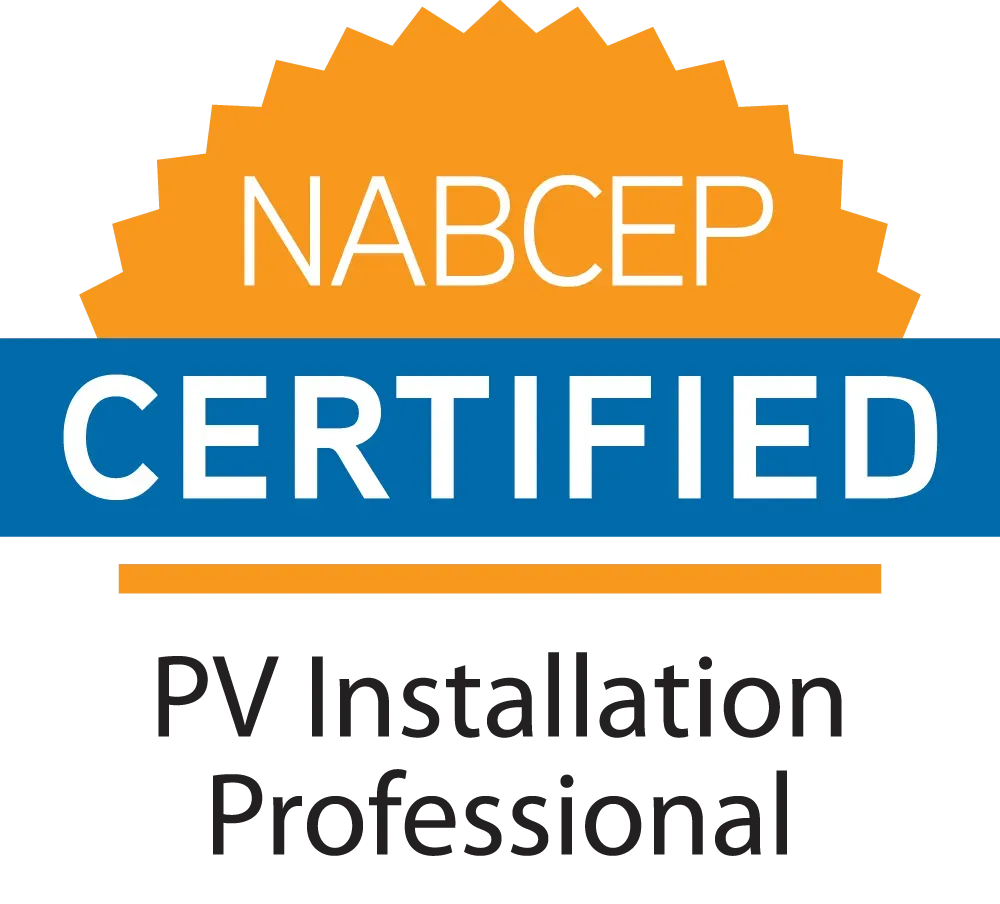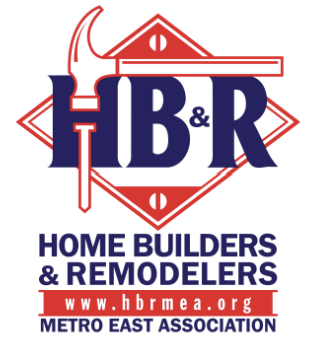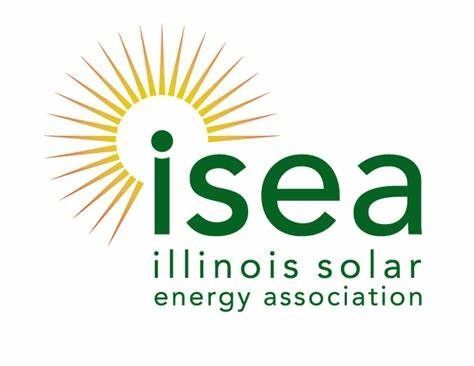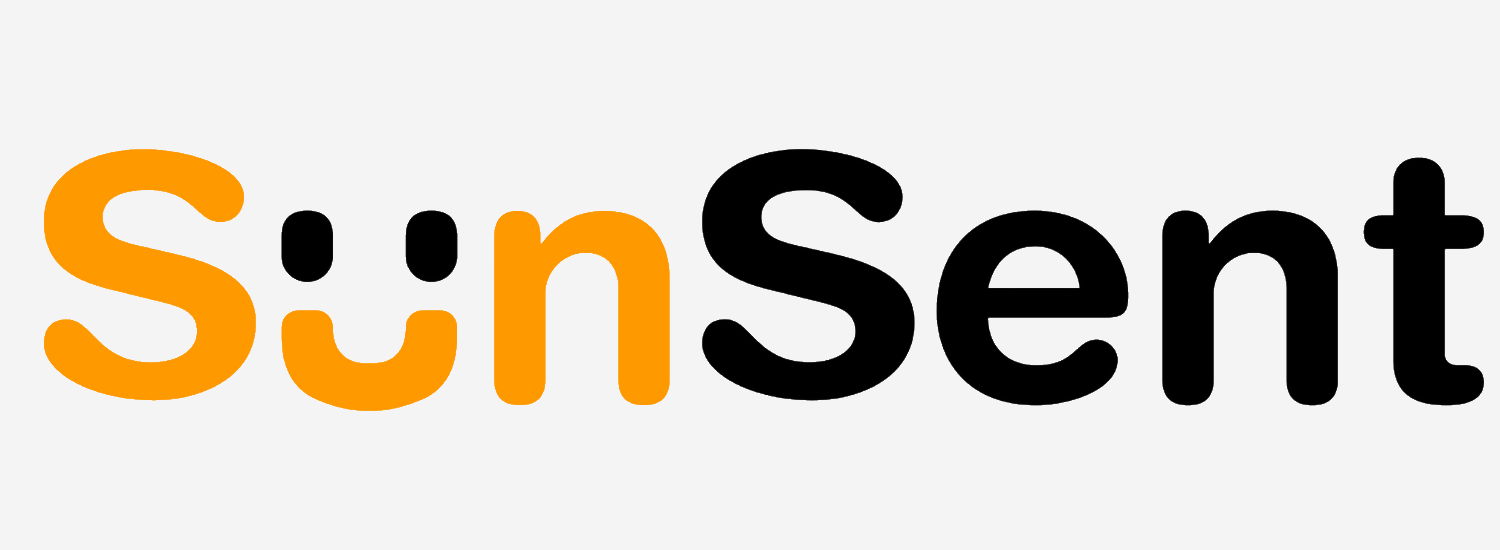By Jack Casey
•
October 28, 2025
Credit to EnergySage for the chilling inspiration behind this vital home energy guide! 🧛 Don't Get Drained! What Are Energy Vampires? As Halloween approaches, we talk about ghouls and ghosts, but one of the scariest things lurking in your home isn't under the bed—it's plugged right into your wall, silently sucking the life (and money) out of your budget year-round. We call them Energy Vampires . These phantoms, also known as phantom loads or standby power , are electronic devices and appliances that consume electricity even when they are turned off or not actively in use. Think of the glowing clock on your coffee maker, your TV waiting for a remote signal, or a phone charger plugged into the wall without a phone attached—they're all draining power 24/7. According to the U.S. Department of Energy (DOE), this sneaky standby power accounts for 5% to 10% of residential energy use. For the average U.S. household, this hidden cost could be as much as $183 per year . That's a significant drain that could be better spent on... well, anything else! The good news? The power to fight back is in your hands. By identifying the biggest culprits and taking a few simple steps, you can put an end to the phantom drain and take back your money. 💀 Key Takeaways to Keep You Safe Standby power is a hidden drain, accounting for 5-10% of residential energy use. These Energy Vampires could cost the average homeowner up to $183 per year . Common offenders include entertainment systems, kitchen appliances with digital clocks, and any device that is remote-ready . Simple solutions like smart power strips and unplugging devices are your best line of defense. 💰 The Ghastly Cost: How Much Are Phantom Loads Costing You? Imagine tossing a month's electric bill into a cauldron every year for absolutely no benefit. That's essentially what happens when you ignore the cumulative cost of standby power. Given that the average American household uses around 10,791 kilowatt-hours (kWh) of electricity annually, and at an average rate of $0.17 per kWh , the yearly cost is about $1,834. If 5% to 10% of that is standby power, your ghostly bill totals $92 to $183 per year ! Your actual cost is determined by several factors: Your local electricity rates . The total number and age of devices left plugged in (older appliances are often less efficient). The overall efficiency of your home’s energy systems. 🕷️ Identifying the Worst Offenders: Which Devices Are True Energy Vampires? Not every device has a complete "Off" switch—many simply enter a "standby mode" to be instantly ready when you need them. This is where the vampire draws its power. The Entertainment Crypt: This is where the worst offenders hide. Cable boxes and DVRs, gaming consoles, smart TVs , and soundbars often stay in an active standby mode, constantly ready to record or receive a remote signal. Audio and Computer Equipment: That laptop charger feeling warm to the touch, even when the laptop is unplugged? That's energy at work. Printers and audio receivers also draw continuous power. Kitchen Specters: Appliances with digital displays, timers, or instant-on features—like microwaves and coffee makers—pull a small but constant phantom load . Smart Home Ghouls: Voice-activated assistants, security systems, and other connected devices need constant power to "listen" for your commands, making them perpetual, low-level drains. To hunt them down, look for anything with an LED light or a digital display when it’s "off." If it can be turned on with a remote, it's a vampire. For precise identification, consider using a Kill-A-Watt meter to measure the exact power draw of any plugged-in device. 🛡️ Slaying the Energy Vampires: Simple Steps to Save Once you’ve identified your home’s hidden drains, here is your arsenal for stopping them: 1. Unplug the Non-Essentials The most straightforward cure: If it's not plugged in, it can't draw power. This is ideal for chargers, toasters, seasonal electronics, and gaming consoles that aren't used daily. 2. Utilize Smart Power Strips These are like garlic for your devices! Smart power strips automatically cut power to devices when they sense they are in standby mode or feature a master switch to power off an entire entertainment center with a single flip. This is a crucial step in reducing your overall energy consumption . 3. Choose ENERGY STAR® Certified Appliances When replacing old, power-draining appliances, choose ENERGY STAR certified products. These meet strict efficiency standards that include limits on standby power consumption, significantly reducing your future phantom loads . 🏡 SunSent Solar: Your MidWest Energy Defense Experts Putting an end to Energy Vampires is a fantastic step toward a lower electric bill, but what if you could take control of your entire energy future? That’s where SunSent Solar comes in. We are the go-to energy experts in the Midwest , dedicated to helping homeowners like you lock in your power costs and achieve true energy independence . The Midwest is an excellent place for solar, as panels actually perform more efficiently in cooler temperatures, and we'll ensure your system is perfectly designed to handle all weather conditions. By installing solar panels for your home with SunSent Solar , you’re not just saving money—you’re transforming your roof into a year-round, clean power generator, protecting yourself from rising utility rates and maximizing your return on investment. Don't just fight the vampires; make them irrelevant. Choose SunSent Solar , the best solar solution for a brighter, more independent Midwest home. ❓ FAQ: Unmasking the Phantoms Q: What is the main difference between an "Energy Vampire" and a regular appliance? A: A regular appliance only draws significant power when it is actively on and performing its function. An Energy Vampire (or phantom load ) continues to draw a smaller amount of standby power even when it is turned off, in sleep mode, or simply plugged in but not charging. Q: How much can I save by killing my Energy Vampires? A: The average U.S. household can save between $92 and $183 per year by consistently reducing phantom loads . This is a great, no-cost way to lower your baseline energy consumption . Q: Do all phone chargers draw power when no phone is attached? A: Yes, most chargers and AC adapters draw a small amount of standby power when plugged into the wall, even if no device is connected. If the charger is warm, it’s actively draining electricity . Unplug them to stop the bleed. Q: Can solar panels help with Energy Vampires? A: While solar panels don't stop the drain itself, they allow you to produce your own clean electricity to offset the cost of the phantom loads . By generating your own power, the standby power is effectively free, helping you reach energy independence and making the vampires less impactful on your wallet. Would you like to get a free, no-obligation solar consultation to see how much more you could save by switching to SunSent Solar in the Midwest? Call 636.757.3083 today!
